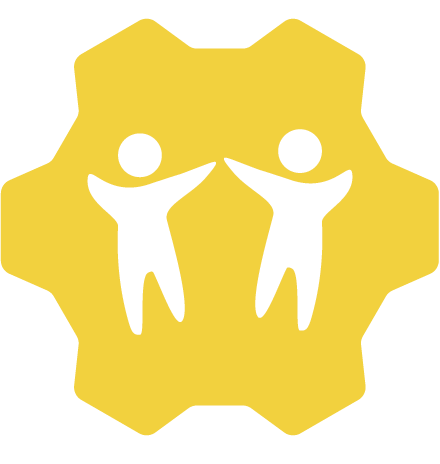Wellness tools for mental healthcare professionals, who face high rates of burnout and secondary traumatic stress due to the nature of their jobs. Counseling hotlines are a vital part of the U.S. healthcare system, providing on-demand mental health support using a range of technology platforms including telephone, text messaging, web chat, and automated agents to engage in tens of millions of conversations. Such services are helping to make mental health care more mainstream by reducing stigma and increasing access. However, the growing prevalence of mental illness in young populations and college students is straining university counseling centers and crisis line workers, compounding the challenges they face. Specifically, these workers are at high risk for burnout, secondary trauma, and compassion fatigue due to the burden of their work. Many report a lack of resources to manage this pressure, which is exacerbated by high turnover rates.
This project aims to deepen understanding of the experiences, attitudes, and needs of mental health workers, particularly with respect to the impact of emerging technology on their care practices. Based on these insights, we are developing self-care tools that empower workers to self-monitor, skill-build, and overall better manage their personal well-being and counseling performance.
